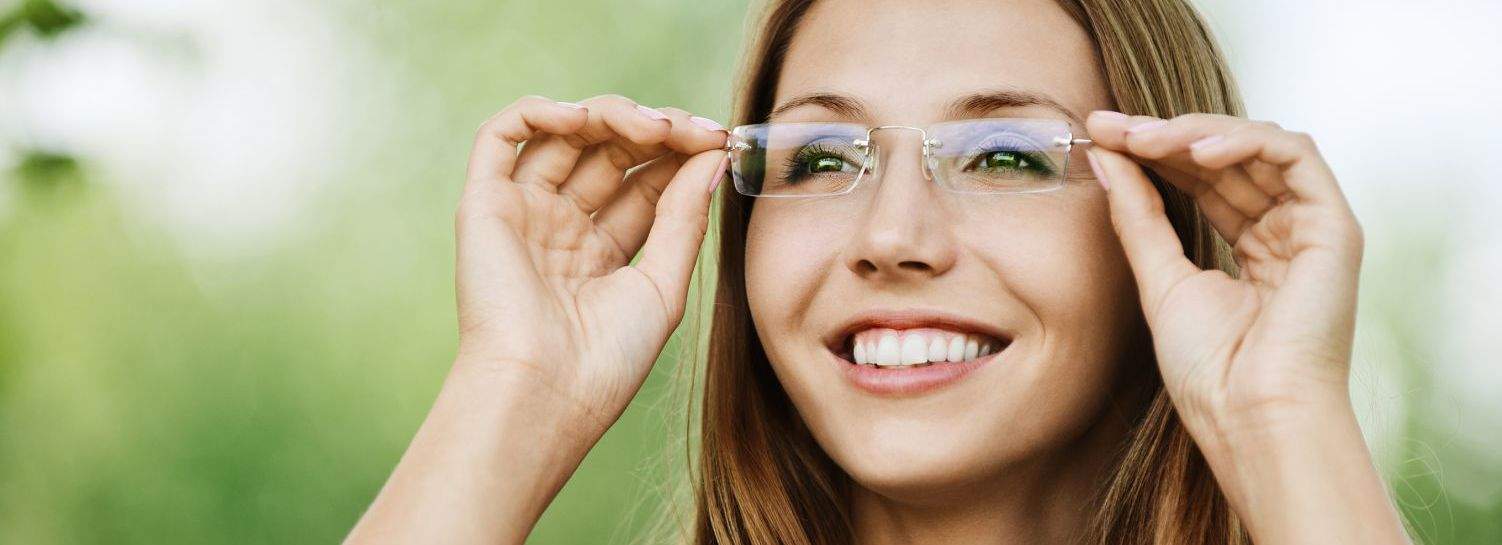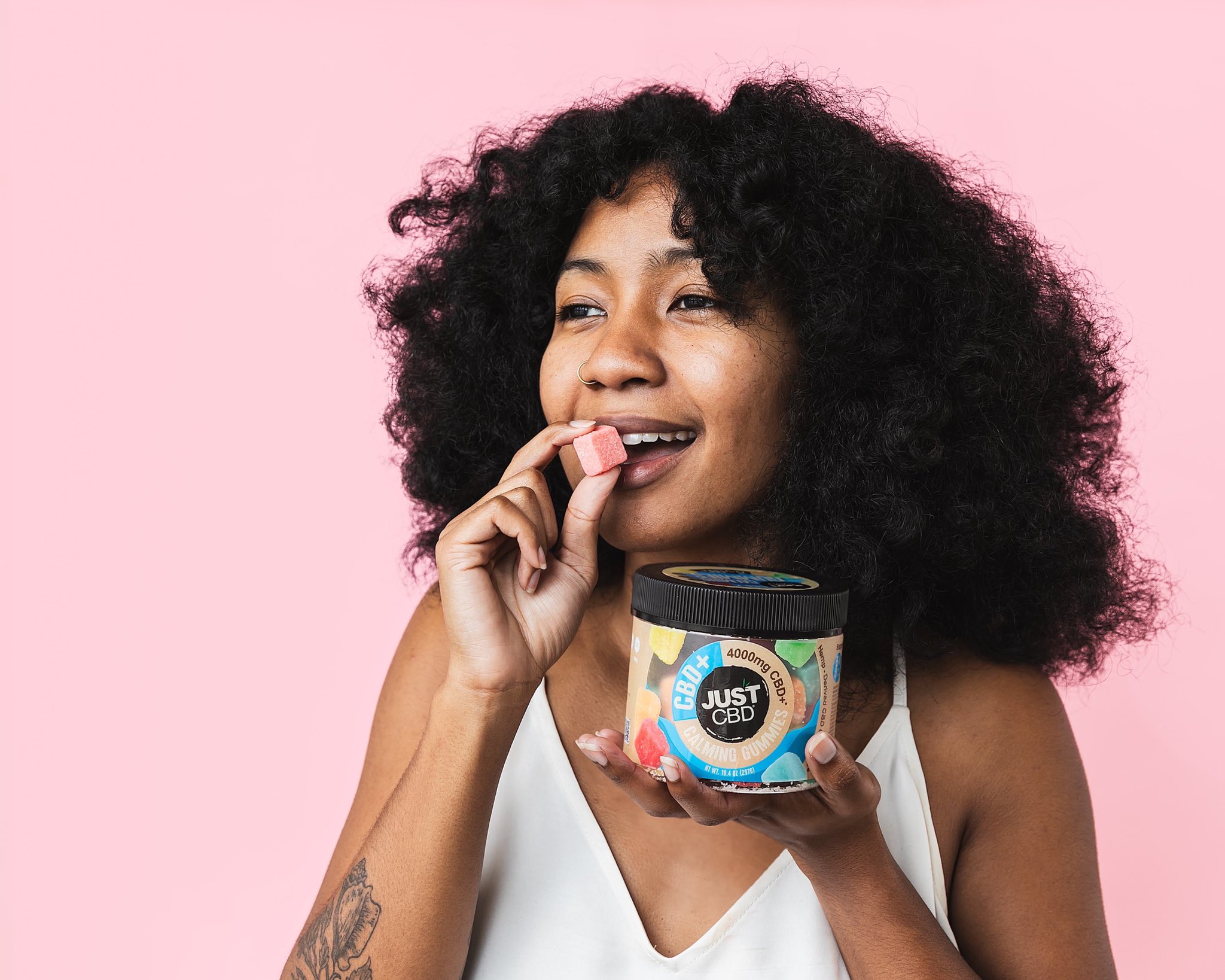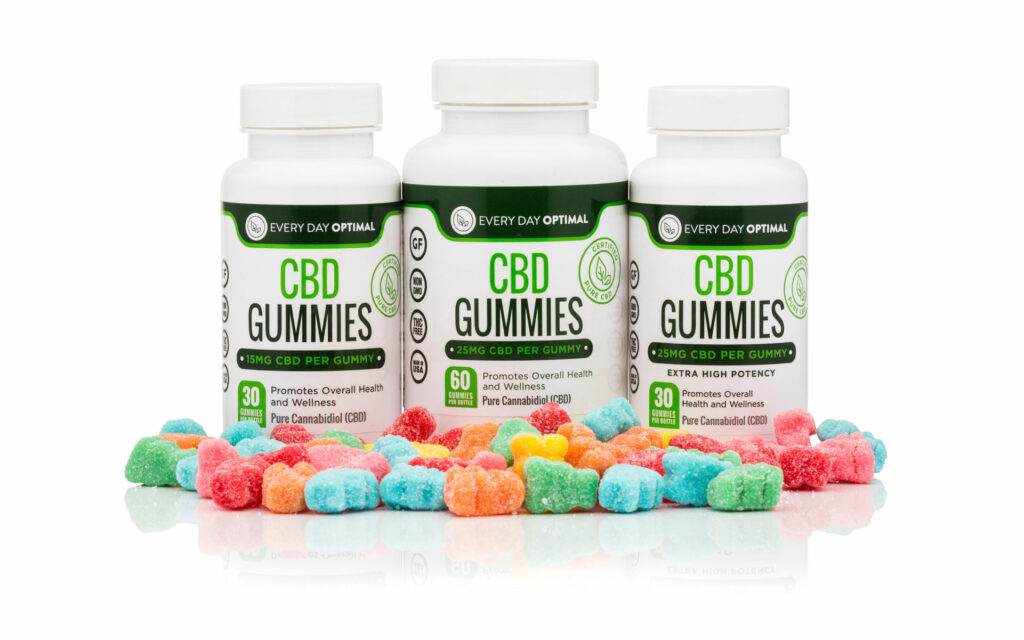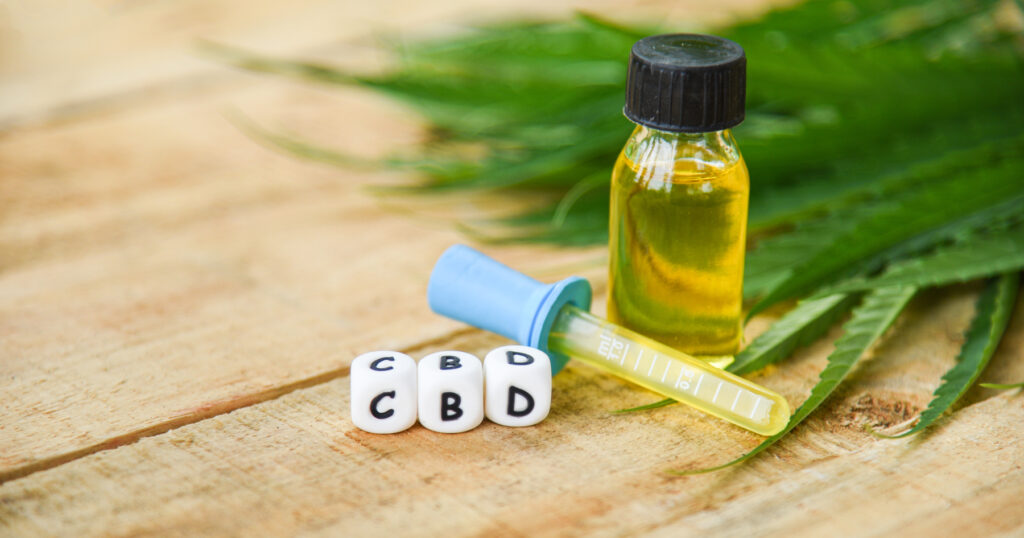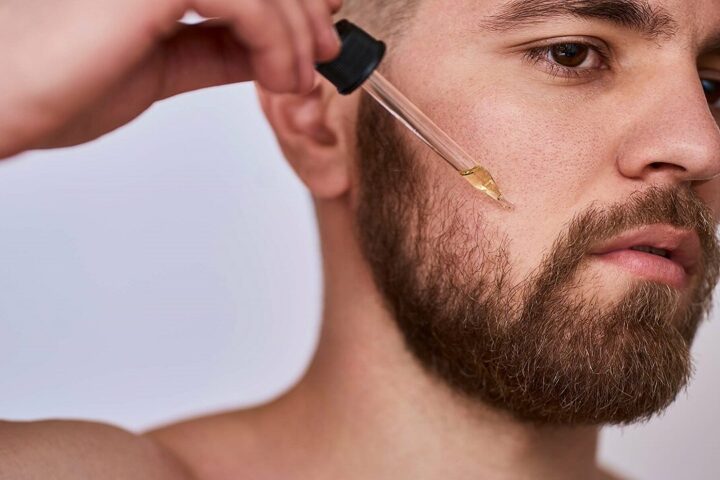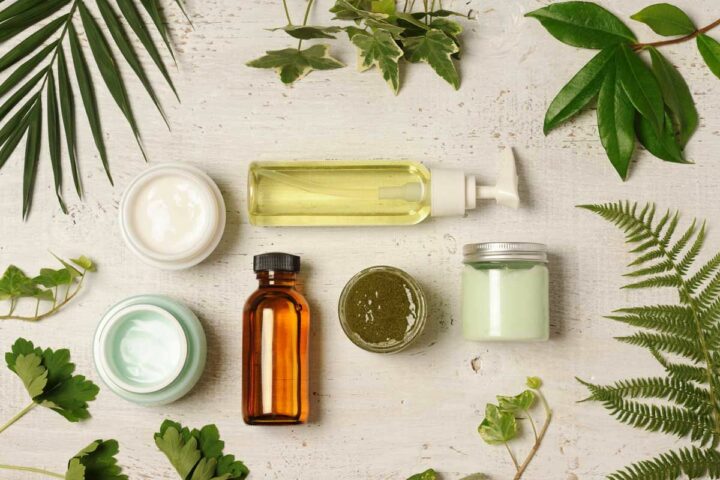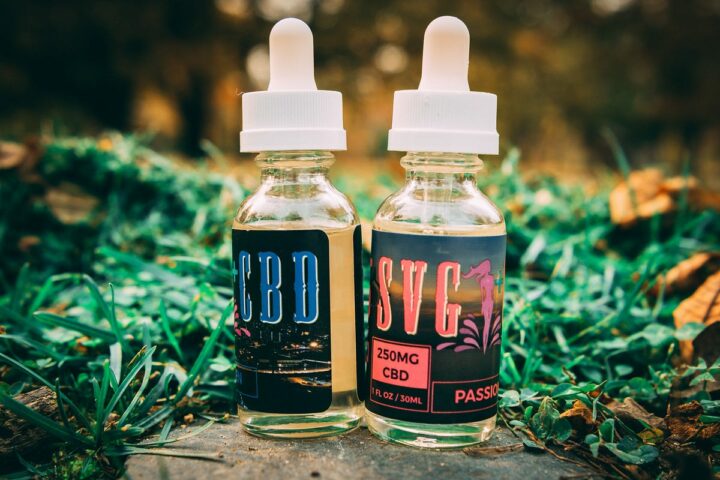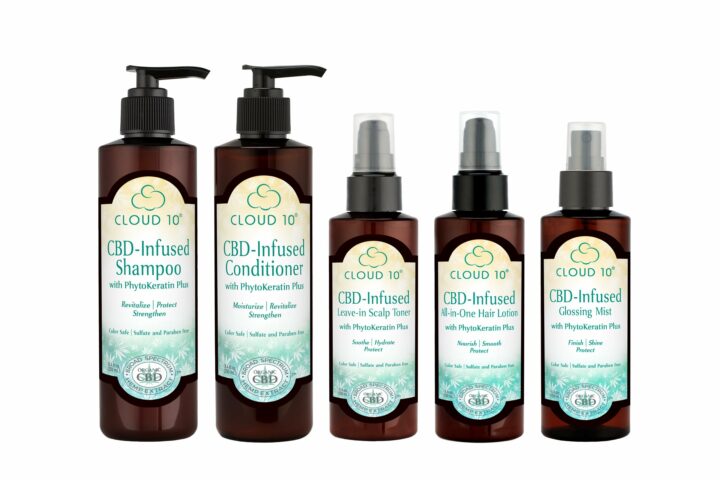CBD Eye Care
What is CBD Eye Care
CBD eye care refers to products that are designed to improve the health of the eyes and the skin around the eyes using CBD, or cannabidiol. Here is a comprehensive guide on CBD eye care:
CBD and Eye Health
CBD has been shown to have potential benefits for eye health. Studies have found that CBD can help to reduce inflammation and oxidative stress in the eyes, which can help to prevent or slow the progression of certain eye conditions, such as glaucoma and macular degeneration.
CBD and Skin Health
CBD also has potential benefits for the skin around the eyes. It has been shown to have anti-inflammatory and antioxidant properties, which can help to reduce puffiness, redness, and inflammation around the eyes. CBD may also help to improve skin elasticity and reduce the appearance of fine lines and wrinkles.
Types of CBD Eye Care Products
CBD eye care products come in a variety of forms, including creams, serums, and eye masks. Some products are designed specifically for use in the morning or at night, while others can be used throughout the day.
How to Use CBD Eye Care Products
To use CBD eye care products, start by washing your face and hands with a gentle cleanser. Apply a small amount of the product to the skin around your eyes, taking care not to get it in your eyes. Gently pat the product into your skin using your fingertips, being careful not to rub or pull on the delicate skin around your eyes.
Conclusion
CBD eye care products may have potential benefits for eye health and the skin around the eyes. CBD has been shown to have anti-inflammatory and antioxidant properties, which can help to reduce puffiness, redness, and inflammation, and improve skin elasticity. As with any new product, it is important to speak with a healthcare provider before starting to use CBD eye care products, especially if you have any underlying health conditions or are taking other medications.
How to use CBD Eye Care
Using CBD eye care products can be a simple and effective way to support the health of your eyes and the skin around them. Here’s a comprehensive guide on how to use CBD eye care products:
Step 1: Cleanse Your Face
Before using any CBD eye care product, it’s important to start with clean skin. Use a gentle cleanser to wash your face and pat it dry with a clean towel.
Step 2: Apply the CBD Eye Care Product
Next, apply a small amount of the CBD eye care product to the skin around your eyes. Be careful not to get any of the product in your eyes, as this can cause irritation.
Depending on the product you’re using, you may need to use your fingers to gently massage the product into your skin, or you may simply need to pat it on with your fingertips. Be gentle and avoid pulling or tugging on the delicate skin around your eyes.
Step 3: Let the Product Absorb
After applying the CBD eye care product, allow it to fully absorb into your skin. This may take a few minutes, so be patient and avoid applying any makeup or other skincare products until the product has fully absorbed.
Step 4: Use as Directed
CBD eye care products may have different directions for use, depending on the specific product and its intended purpose. Some products may be designed for use in the morning or evening, while others may be used throughout the day.
Always read the instructions carefully and use the product as directed. If you have any questions about how to use the product, or if you experience any irritation or discomfort, stop using the product and speak with your healthcare provider.
Conclusion
Using CBD eye care products can be a simple and effective way to support the health of your eyes and the skin around them. When using these products, be sure to start with clean skin, apply a small amount of the product to the skin around your eyes, let it absorb fully, and use as directed. As with any new skincare product, it’s always a good idea to speak with your healthcare provider before using CBD eye care products, especially if you have any underlying health conditions or are taking other medications.
CBD Eye Care Dosing
Cannabidiol (CBD) has been gaining popularity as a therapeutic option for a variety of conditions, including eye-related issues such as glaucoma, dry eye, and macular degeneration. CBD is a non-intoxicating compound found in cannabis plants, and is available in various forms including topical creams, tinctures, and capsules. However, determining the proper dosage of CBD for eye care can be challenging, as there are many factors to consider. In this guide, we will discuss the different factors that can affect CBD eye care dosing and provide some general guidelines for determining an appropriate dosage.
Factors Affecting CBD Eye Care Dosing:
- Weight: A person’s weight can affect how much CBD they need to take for eye care. Generally, the more a person weighs, the more CBD they will need to take.
- Severity of the condition: The severity of the eye condition being treated can also affect the dosage of CBD needed. For example, someone with severe glaucoma may need a higher dosage than someone with mild dry eye.
- Method of delivery: The method of delivery can also impact the dosage needed. Topical creams may require a lower dosage than tinctures or capsules, as the CBD is absorbed directly into the affected area.
- Tolerance: A person’s tolerance to CBD can also affect the dosage needed. Those who have been taking CBD for a long time may require a higher dosage to achieve the same effects as someone who is new to CBD.
- Other medications: If a person is taking other medications, this can also impact the dosage of CBD needed. CBD can interact with some medications, so it is important to speak with a healthcare professional before starting a CBD regimen.
General Guidelines for CBD Eye Care Dosing
Start with a low dosage
It is always recommended to start with a low dosage and gradually increase as needed. A low dosage can help minimize any potential side effects and allow the body to adjust to the CBD.
Follow product instructions
Each product will have its own recommended dosage and instructions for use. It is important to follow these instructions carefully to ensure the best results.
Consult with a healthcare professional
It is always recommended to consult with a healthcare professional before starting a CBD regimen. They can help determine an appropriate dosage based on the individual’s specific needs and any other medications they may be taking.
Keep a journal
Keeping a journal can be helpful in tracking the effects of CBD and adjusting the dosage as needed. Note the dosage taken, the time of day, and any effects felt.
In general, dosages of CBD for eye care will vary based on the individual and the specific condition being treated. Starting with a low dosage and gradually increasing as needed can help achieve the best results. It is important to consult with a healthcare professional and follow product instructions carefully.
Dosage for glaucoma
CBD has been found to be effective in reducing intraocular pressure, which can be beneficial for those with glaucoma. Studies have shown that dosages ranging from 20-40 mg/day may be effective in reducing intraocular pressure. However, it is important to note that CBD should not be used as a replacement for traditional glaucoma treatments and should be used in conjunction with them.
Dosage for dry eye
CBD may also be beneficial for those with dry eye. A study found that a dose of 300 mg of CBD per day for 3 months resulted in a significant improvement in symptoms of dry eye. However, it is important to note that more research is needed in this area to determine optimal dosages.
Dosage for macular degeneration
CBD may also be beneficial for those with macular degeneration. A study found that a dose of 10 mg/kg of CBD per day for 10 days resulted in a significant reduction in oxidative stress in the retinas of rats. However, more research is needed in this area to determine optimal dosages for humans.
Adjust dosage as needed
It is important to monitor the effects of CBD and adjust the dosage as needed. If the desired effects are not achieved, the dosage may need to be increased. On the other hand, if side effects are experienced, the dosage may need to be lowered.
Conclusion
Determining the appropriate dosage of CBD for eye care can be challenging due to various factors such as weight, severity of the condition, method of delivery, tolerance, and other medications. It is important to start with a low dosage, follow product instructions, consult with a healthcare professional, and keep a journal to track the effects of CBD. Dosages for glaucoma, dry eye, and macular degeneration will vary and more research is needed in these areas to determine optimal dosages.
Benefits of CBD Eye Care
Cannabidiol (CBD) is a non-intoxicating compound found in cannabis plants that has been gaining popularity as a therapeutic option for various health conditions. One area where CBD may be beneficial is in eye care. CBD has been found to have potential benefits for conditions such as glaucoma, dry eye, and macular degeneration. In this guide, we will discuss the potential benefits of CBD for eye care.
Glaucoma
Glaucoma is a condition that occurs when there is increased pressure in the eye, which can damage the optic nerve and lead to vision loss. CBD has been found to be effective in reducing intraocular pressure, which can be beneficial for those with glaucoma. A study found that CBD reduced intraocular pressure by 25% in both healthy individuals and those with glaucoma. CBD may also have neuroprotective properties that can help protect against the damage caused by glaucoma.
Dry eye
Dry eye is a condition that occurs when the eyes do not produce enough tears, resulting in dryness, irritation, and discomfort. CBD may be beneficial for those with dry eye due to its anti-inflammatory properties. A study found that CBD reduced inflammation and improved tear production in mice with dry eye. CBD may also help reduce discomfort and improve overall eye health.
Macular degeneration
Macular degeneration is a condition that occurs when the central part of the retina (the macula) deteriorates, leading to vision loss. CBD may be beneficial for those with macular degeneration due to its antioxidant properties. Antioxidants help protect against the damage caused by free radicals, which can contribute to the development of macular degeneration. A study found that CBD reduced oxidative stress in the retinas of rats with macular degeneration.
Overall eye health
CBD may also be beneficial for overall eye health due to its anti-inflammatory and antioxidant properties. Inflammation and oxidative stress can contribute to the development of various eye conditions, and CBD may help protect against these factors. CBD may also help improve blood flow and circulation to the eyes, which can be beneficial for overall eye health.
Minimal side effects
CBD is generally considered safe and has minimal side effects, which can make it an attractive option for those with eye conditions. Some potential side effects of CBD may include dry mouth, dizziness, and fatigue, but these are generally mild and well-tolerated.
Conclusion
CBD may have potential benefits for eye care, including reducing intraocular pressure, improving tear production, reducing inflammation and oxidative stress, and improving overall eye health. CBD is generally considered safe and has minimal side effects, making it an attractive option for those with eye conditions. However, more research is needed in this area to determine optimal dosages and to fully understand the potential benefits of CBD for eye care. It is important to consult with a healthcare professional before starting a CBD regimen.
Legality of CBD in the UK
Cannabidiol (CBD) is a non-intoxicating compound found in cannabis plants that has gained popularity as a therapeutic option for various health conditions. However, the legal status of CBD in the United Kingdom (UK) can be confusing, as it is subject to several regulations and restrictions. In this guide, we will discuss the legality of CBD in the UK.
Legal definition of CBD
CBD is classified as a “novel food” in the UK, which means it is considered to be a new type of food that has not been consumed to a significant degree by people in the EU prior to May 15, 1997. Novel foods must undergo a safety assessment and gain authorization from the European Food Safety Authority (EFSA) before they can be legally marketed in the UK.
Legal THC content
In the UK, CBD products are allowed to contain up to 0.2% THC (tetrahydrocannabinol), which is the psychoactive compound in cannabis that causes a “high”. Any products containing more than 0.2% THC are considered illegal and are classified as a controlled substance.
Legal sources of CBD
CBD can be sourced from both industrial hemp and marijuana plants. Industrial hemp contains low levels of THC and is legal to cultivate in the UK under certain conditions, such as having a license from the Home Office. Marijuana, on the other hand, is classified as a controlled substance and is illegal to cultivate or possess in the UK.
Legal marketing of CBD products
In order for CBD products to be legally marketed in the UK, they must meet certain criteria. They must be derived from an authorized source, contain less than 0.2% THC, and meet certain labeling and packaging requirements. The product must also not make any medical claims unless it has been authorized as a medicine by the Medicines and Healthcare products Regulatory Agency (MHRA).
Legal status of CBD as a medicine
In the UK, CBD can be classified as a medicine if it meets certain criteria, such as having evidence of its safety and efficacy in treating a specific medical condition. CBD-based medications, such as Sativex, have been approved for use in the UK for the treatment of multiple sclerosis.
Conclusion
The legality of CBD in the UK is subject to various regulations and restrictions, including the definition of novel food, the THC content, the source of CBD, and the marketing criteria. CBD products must contain less than 0.2% THC and meet certain labeling and packaging requirements to be legally marketed in the UK. CBD-based medications have been approved for use in the treatment of specific medical conditions. It is important to be aware of the legal status of CBD in the UK and to consult with a healthcare professional before using any CBD products.
FAQs – CBD Eye Care
Is CBD good for the eyes?
There is limited scientific evidence to suggest that CBD specifically benefits eye health. While some studies have explored the potential use of CBD for conditions like glaucoma and macular degeneration, the results are inconclusive and more research is needed. However, CBD does have known anti-inflammatory and antioxidant properties, which may indirectly contribute to overall health and potentially have a positive impact on eye health. As with any health-related concern, it is best to consult with a healthcare professional for personalized advice and guidance regarding the use of CBD for specific eye conditions.
Does CBD eye cream work?
There is limited scientific research on the specific effectiveness of CBD eye creams. CBD has known anti-inflammatory and antioxidant properties, which may potentially benefit the delicate skin around the eyes. However, the effectiveness of CBD eye creams may vary depending on the formulation, concentration of CBD, and individual factors. Some people may find CBD eye creams helpful in reducing puffiness, dark circles, and improving the overall appearance of the skin around the eyes. It’s important to note that individual experiences may differ, and it’s always advisable to consult with a dermatologist or healthcare professional for personalized skincare recommendations.
Can CBD help with dry eyes?
CBD may have potential benefits for dry eyes due to its anti-inflammatory and moisturizing properties. Dry eyes can be caused by inflammation, and CBD’s anti-inflammatory effects may help reduce inflammation in the eyes and provide relief. Additionally, CBD oil has a natural oily consistency, which can help lubricate the eyes and provide temporary relief from dryness. However, more research is needed to fully understand the effects of CBD on dry eyes, and it’s important to consult with an eye specialist or healthcare professional for personalized advice and treatment options.
Is there such thing as CBD eye drops?
Yes, CBD eye drops do exist. They are formulated with cannabidiol (CBD) extract and other ingredients designed to be safe for use in the eyes. CBD eye drops are typically used to provide relief for dry eyes, redness, irritation, or discomfort associated with various eye conditions. However, it’s important to note that the efficacy and safety of CBD eye drops have not been extensively studied, and more research is needed to determine their potential benefits and any potential side effects. If you’re considering using CBD eye drops, it’s recommended to consult with an eye specialist or healthcare professional for guidance and to ensure they are suitable for your specific eye condition.
Can CBD cure macular degeneration?
While CBD has shown potential therapeutic effects in various health conditions, there is currently no scientific evidence to suggest that it can cure macular degeneration. Macular degeneration is a complex eye disease characterized by damage to the macula, which can result in loss of central vision. Although some studies suggest that CBD may have neuroprotective and anti-inflammatory properties, its specific effects on macular degeneration have not been extensively researched. It is important to consult with an eye specialist or healthcare professional for appropriate diagnosis and treatment options for macular degeneration.
Does CBD work for cataracts?
There is currently no scientific evidence to support the effectiveness of CBD in treating cataracts. Cataracts occur when the lens of the eye becomes cloudy, leading to vision impairment. While CBD has shown potential in managing various health conditions, its specific effects on cataracts have not been extensively studied. Cataracts are typically treated through surgical intervention to remove the cloudy lens and replace it with an artificial one. If you have cataracts or any other eye condition, it is important to consult with an eye specialist for proper diagnosis and appropriate treatment options.
What is a natural way to get rid of cataracts?
While there is no known natural way to completely eliminate cataracts, certain lifestyle choices may help slow their progression or alleviate symptoms. These include maintaining a healthy diet rich in antioxidants, such as fruits and vegetables, to support eye health. Protecting your eyes from harmful UV rays by wearing sunglasses and a hat outdoors can also be beneficial. Quitting smoking and managing conditions like diabetes and high blood pressure may help prevent or delay the development of cataracts. However, it’s important to note that once cataracts have formed, surgical intervention is typically the most effective treatment option to restore vision. It’s crucial to consult with an eye specialist for a proper diagnosis and personalized guidance on managing cataracts.
How can I slow down my cataracts naturally?
While natural remedies cannot reverse or cure cataracts, certain lifestyle choices may help slow down their progression. Maintaining a healthy diet rich in antioxidants, such as fruits and vegetables, can support overall eye health. Protecting your eyes from harmful UV rays by wearing sunglasses and a hat outdoors can also be beneficial. Quitting smoking and managing conditions like diabetes and high blood pressure may help slow down cataract formation. Additionally, regular eye exams are essential for early detection and monitoring of cataracts. However, it’s important to consult with an eye specialist for a proper diagnosis and personalized advice on managing cataracts. Surgical intervention is typically the most effective treatment option for advanced cataracts.
How can I heal my cataracts without surgery?
Currently, there is no proven way to heal cataracts without surgical intervention. Cataracts occur when the natural lens of the eye becomes cloudy, and surgery is the only effective method to remove the cloudy lens and replace it with an artificial one. While some alternative therapies or natural remedies may claim to reverse or cure cataracts, there is insufficient scientific evidence to support their effectiveness. It is crucial to consult with an eye specialist for a proper diagnosis and guidance on the most appropriate treatment options for your specific case. Early detection and timely surgical intervention are often the best approach to improving vision and quality of life for individuals with cataracts.
What is the fastest way to get rid of cataracts?
The only effective and medically proven way to get rid of cataracts is through surgical intervention. Cataract surgery involves removing the cloudy lens of the eye and replacing it with an artificial intraocular lens (IOL). The procedure is typically quick and safe, and it can often be performed on an outpatient basis. The recovery time after cataract surgery is relatively short, and most individuals experience improved vision shortly after the procedure. If you suspect you have cataracts, it is important to consult with an eye specialist who can evaluate your condition and recommend the most appropriate treatment options for you.
What happens if you don’t get rid of cataracts?
If left untreated, cataracts can progressively worsen and significantly impact vision. Over time, the cloudy lens can cause blurred vision, difficulty seeing in low light conditions, increased sensitivity to glare, and reduced color perception. Cataracts can interfere with daily activities such as reading, driving, and recognizing faces. As the condition progresses, it may lead to severe vision impairment or even blindness. Therefore, it is important to seek medical attention and consider treatment options if you have cataracts to prevent further deterioration of vision and maintain a good quality of life.
How do you slow down cataract growth?
While there is no guaranteed way to completely stop or reverse the growth of cataracts, certain lifestyle habits and protective measures can help slow down their progression. Protecting your eyes from harmful UV rays by wearing sunglasses with UV protection and a wide-brimmed hat can be beneficial. Maintaining a healthy diet rich in antioxidants, such as fruits and vegetables, may also have a positive impact. It is important to manage underlying health conditions, like diabetes, as they can accelerate cataract development. Regular eye check-ups with an ophthalmologist can monitor the progression of cataracts and determine the best course of action. In some cases, specific medications or eye drops may be prescribed to slow down cataract growth, but the effectiveness varies. Ultimately, consulting with an eye care professional is essential for personalized guidance on managing cataracts.
What makes cataracts worse?
Several factors can contribute to the worsening of cataracts over time. Age is a significant risk factor, as cataracts are more common in older individuals. Prolonged exposure to ultraviolet (UV) radiation from the sun without adequate eye protection can also accelerate cataract development. Other factors that may exacerbate cataracts include smoking, excessive alcohol consumption, diabetes, certain medications (such as corticosteroids), and certain medical conditions (such as high blood pressure and obesity). Additionally, eye injuries, inflammation, and prolonged use of certain eye drops may increase the risk of cataracts or contribute to their progression. It is important to address these risk factors and make lifestyle modifications to potentially slow down the worsening of cataracts.
What is average age for cataract surgery?
The average age for cataract surgery varies depending on various factors such as overall health, visual impairment, and lifestyle. In general, cataract surgery is more commonly performed in older individuals, typically between the ages of 60 and 80. However, cataracts can develop at any age, and if they significantly impact a person’s vision and quality of life, surgery may be recommended regardless of age. It is important to consult with an ophthalmologist who can assess the individual’s specific situation and determine the appropriate timing for cataract surgery.
At what stage should cataracts be removed?
The decision to remove cataracts is based on several factors, including the stage of cataract development and the impact on an individual’s vision and daily activities. Cataract surgery is typically recommended when the cataracts start to significantly interfere with daily life, such as causing blurry or cloudy vision, difficulty reading or driving, or hindering the ability to perform daily tasks. However, there is no fixed stage at which cataract surgery must be performed, and the decision is ultimately made on an individual basis in consultation with an ophthalmologist. They will evaluate the severity of the cataracts, the impact on vision, and consider the individual’s overall eye health to determine the appropriate timing for cataract removal.
- Sweet Tart Weed Strain Information - April 27, 2024
- Expert Guide to White Fire OG (WiFi OG) Weed Strain Information - April 20, 2024
- Expert Guide to Animal Face (Animal Face #10) Weed Strain Information - April 20, 2024


